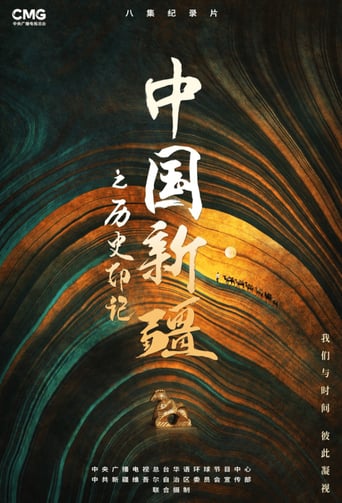
Xinjiang is located in northwest China, in the hinterland of the Eurasian continent. It has towering mountains, vast deserts, rushing rivers, and vibrant oases.
Seasons & Episode
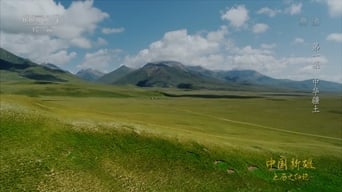
In 221 BC, King Yingzheng of Qin ended the long-term separatist war in the Central Plains and established the first unified feudal dynasty in Chinese history - the Qin Dynasty. The Han Dynasty inherited the system of the Qin Dynasty. Emperor Wu of the Han Dynasty, Liu Che, "exclusively respected Confucianism" in terms of ideology and doctrine, and further expanded the connotation of "great unification" to "all the people return to their hearts, and the family and country are unified." In the heart of Emperor Wu of the Han Dynasty, "great unification" The goal is directly pointed at the Western Region.
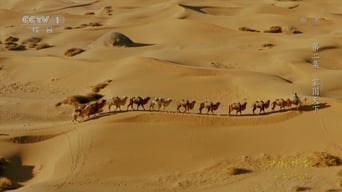
From the 17th to the 18th century, it was popular in East Asia, which was deeply influenced by Chinese culture, to draw the "Tianxia Map" based on ancient Chinese classics. "The world" is centered on the Central Plains of China, surrounded by the Yellow River, and heading west across the Kunlun Mountains is the Western Regions. "The Thirty-six Kingdoms of the Western Regions" is the general name for the early city settlements in Xinjiang in Han Dynasty historical records. They vary in size, either nomadic or farming, with as many as nearly 100,000 people and as few as less than 200 people.
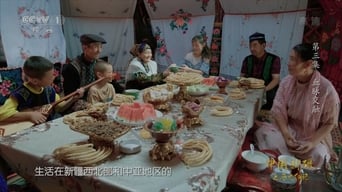
After more than two thousand years of historical evolution and in-depth integration, Xinjiang has finally formed a pattern in which the Uyghur population is the majority and multi-ethnic groups live together. Looking back at the history of the Uyghurs, they once broke away from the enslavement of the Turks with the help of the Tang Dynasty, and bravely set out to find the hope of survival in the face of natural disasters. They continued to integrate with other ethnic groups and became a member of the big family of the Chinese nation.
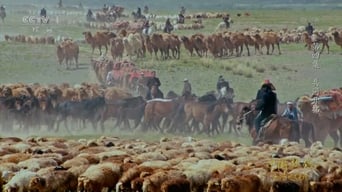
Xinjiang has fertile fields, abundant water and grass, and many products since ancient times. The wisdom of survival of various ethnic groups is engraved on the earth, and the courage to move forward echoes in history. Over the past two thousand years, many ethnic groups, including the Han, have come to Xinjiang. They have brought different production technologies, cultural concepts, and customs and habits, and they have promoted economic and social development through exchanges and integration. They are the common pioneers of Xinjiang.
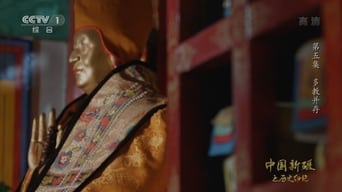
China's Xinjiang has always been an area where multiple religious beliefs coexist. Since prehistoric times, primitive religions, shamanism, Zoroastrianism, Buddhism, Islam, etc. have waxed and waned. From the 17th to the 18th century, Tibetan Buddhism, Christianity, Catholicism, and Orthodox Christianity were introduced one after another. Looking back at history, one or two religions dominate, and the coexistence of multiple religions is the characteristic of the religious pattern in Xinjiang. Blending and coexistence has always been the mainstream of religious relations in Xinjiang.

On the ancient Silk Road, various religions traveled east to west for thousands of years, and they met and merged in Xinjiang, China. In today's Xinjiang region, many unique living customs, architectural remains, and scriptures all tell the story of various religions in Xinjiang, including Islam. Under the infiltration of Chinese culture, they learn from each other, integrate with each other, and are constantly connected with the society where they live. appropriate history.
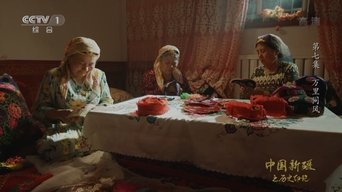
In ancient times, Xinjiang and the Central Plains had the same cultural origins and exchanges and blends. The painted pottery culture of the Yellow River Basin spread to the Hami Basin of the Eastern Tianshan Mountains through the Hexi Corridor; in 60 BC, Chinese became one of the lingua franca of official documents in the Western Regions; the eating habits of the Central Plains were popular in the Western Regions more than 1,700 years ago... The cultures of various ethnic groups in Xinjiang have since It was imprinted with Chinese culture from the very beginning.
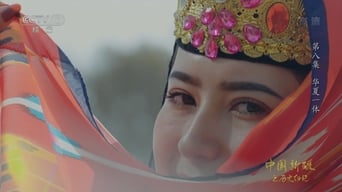
Historically, people of all ethnic groups in Xinjiang have jointly created a colorful and luxuriant cultural atmosphere, which has become an integral part of Chinese culture. For more than a thousand years from the Shang Dynasty to the Qin and Han Dynasties, the quality of jade produced in the Western Regions has long been a common aesthetic recognition in the Central Plains and the Western Regions. In the trade between the Western Regions and the Central Plains, jade was the earliest and most durable commodity. Silk was of great significance to the ancient Xinjiang region. Adelais silk created new techniques after absorbing the silk techniques of the Central Plains, which has a layered beauty.
You May Also Like




Top Streaming TV Show










